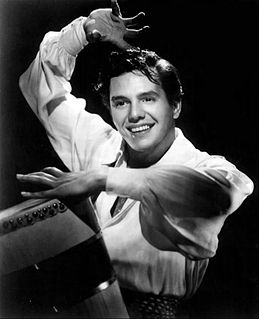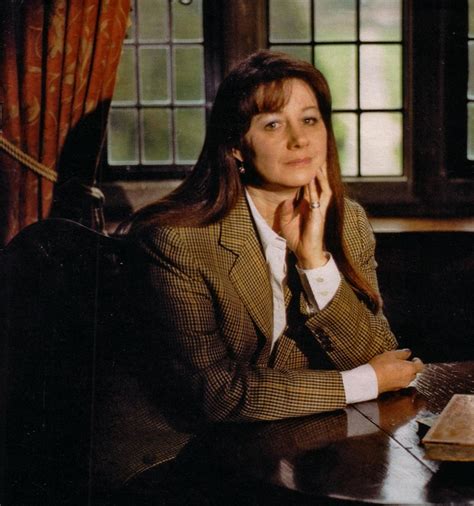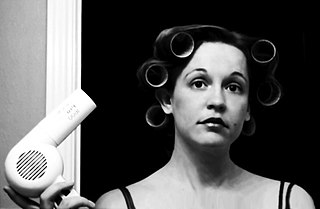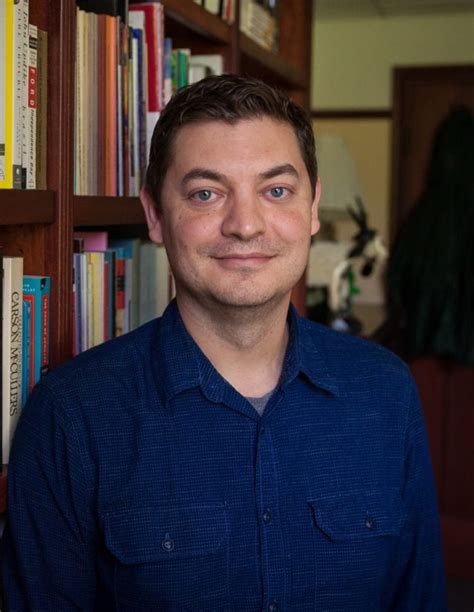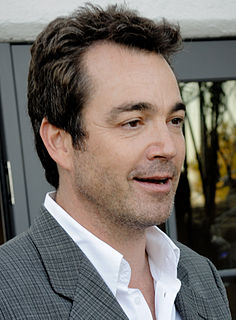A Quote by Emma Walton Hamilton
I think writing and reading are completely synergistic; not necessarily in that one has to be a good reader to be a good writer or vice versa, but that they so inform each other.
Related Quotes
I learned to write from reading. I had no writing classes. It's part of my thinking as the writer-author, reading, but then I also want to bring this into my characters, who also read and think. There's that great quote from Virginia Woolf - it's very simple: "...books continue each other." I think when you're a writer, you're also, hopefully, a reader, and you're bringing those earlier works into your work.
How often I have tried to tell writing students that the first thing a writer must do is love the reader and wish the reader well. The writer must trust the reader to be at least as intelligent as he is. Only in such well wishing and trust, only when the writer feels he is writing a letter to a good friend, only then will the magic happen.
That underscored this idea that when we're reading a book or writing a book, you're in an act of co-creation. The reader and the writer are both trying to dress up and present their best selves and then there's that moment, when suddenly, as a reader, you're not exactly you anymore, and likewise, as a writer, you're not really you.



